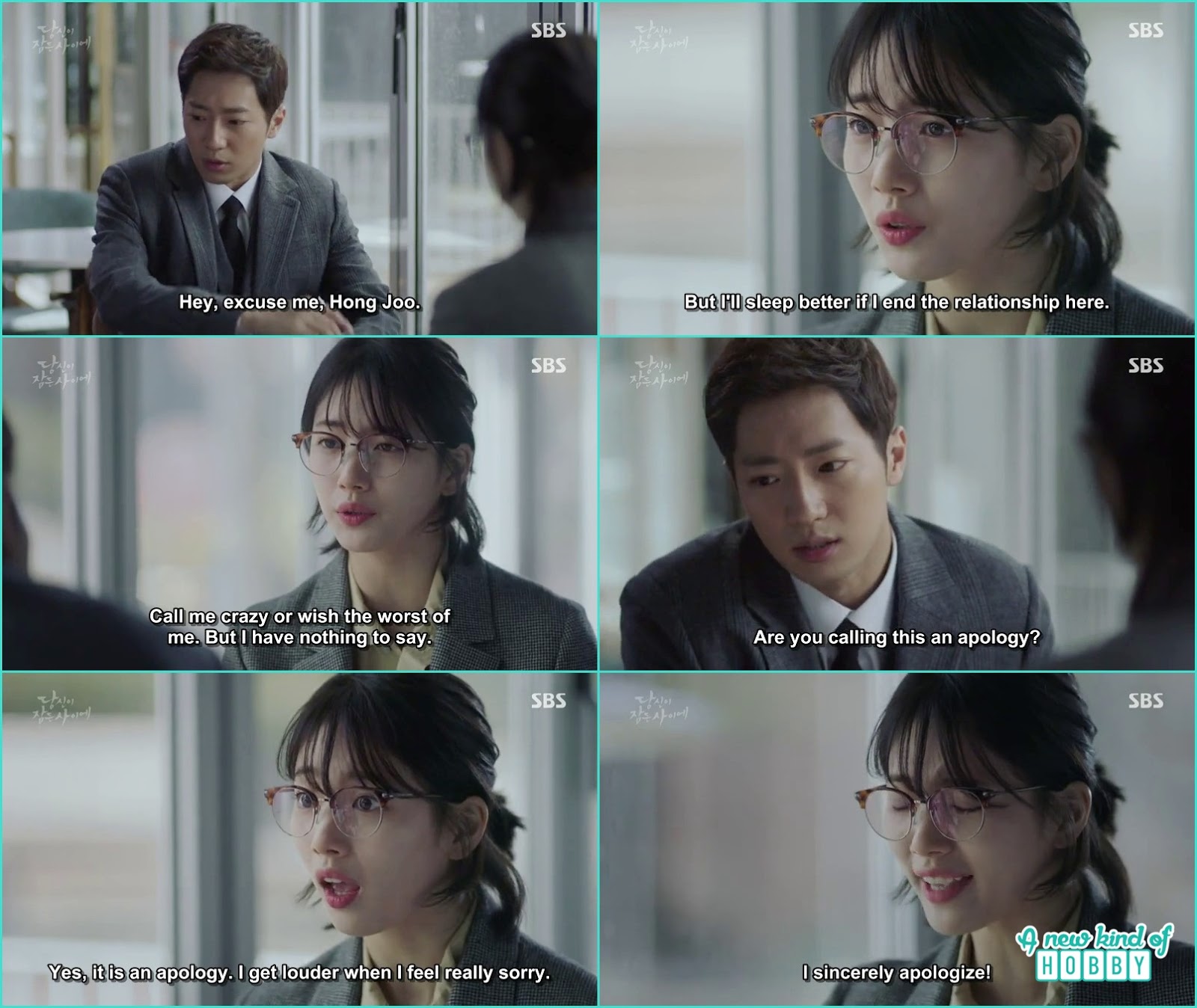

More than Japanese and Chinese, Koreans adhere to traditionalConfucian principles of family organization. Thus, although maternal second cousins may marry,no one with any degree of kinship through males, no matter how remote,can. As bone endures longer than flesh,kinship through males was thought more binding than through females.Even today men pass on membership in their clan to their children,while women do not. Mothers traditionally were thought to produce the flesh of their children, and fathers to provide the bones. Koreans incorporate the fact of biological continuity into their family life according to ancient ideas of birth and conception. After his death, apart of him continues to exist as long as his biological descendants continue to live.* A part of him has been living, in existence, with every one of the intervening ancestors.

A part of him has been in continuous biological existence from his very first progenitor. Nor does it end with death as a terminus. Man's existence does not begin with a cut-off point called birth. The continuity of the family is thus a biological fact which human society, in accordance with natural law, should reflect. The full repayment also entails having children and maintaining the continuity of the family line. Even fulfilling these duties, however, is not enough to repay the debt to one's parents. This debt lies behind the idea of filial duty: treating parents respectfully at all times, taking care of them in their old age, mourning them well at proper funerals, and performing ceremonies for them after their deaths. "A life in which egos are all autonomous,separate, discrete and self-sufficient too cold, impersonal,lonely and inhuman." *Ĭhildren incur a debt to their parents who gave birth to them and raised them. To Koreans such autonomy is not a virtue. The close family ties and dependencies valued so highly in Korea might seem unhealthy to us we think a child's sense of autonomy necessary to mental health.

Most would not agree that they, as individuals, should think of themselves as separate from their parents and families. Most Koreans find this bewildering and inhuman. In our old age we often try to ask as little as possible from them,preferring independence to "being a burden." We require no specific obligations from our children beyond a vaguely defined respect that includes burying us. Most of us do not assume our children will support us when we are old, and most dare not expect to live with them when we can no longer care for ourselves. We fear we will cripple them emotionally, and they will not "make it" on their own. We American parents do not want to cling to our children.


 0 kommentar(er)
0 kommentar(er)
